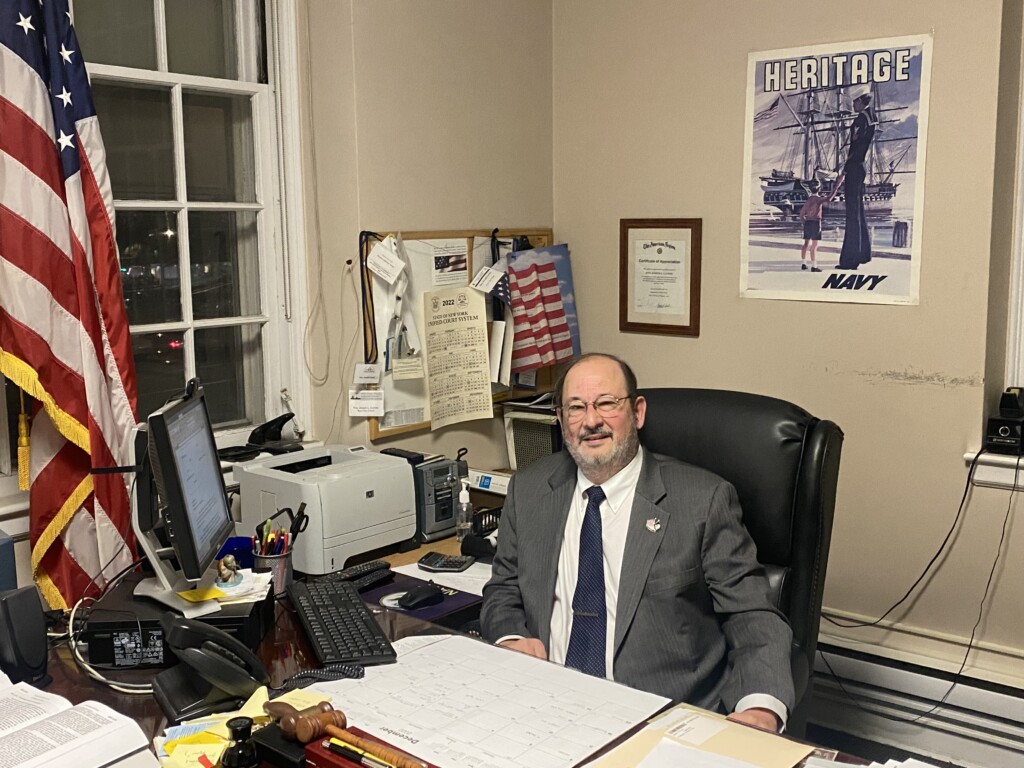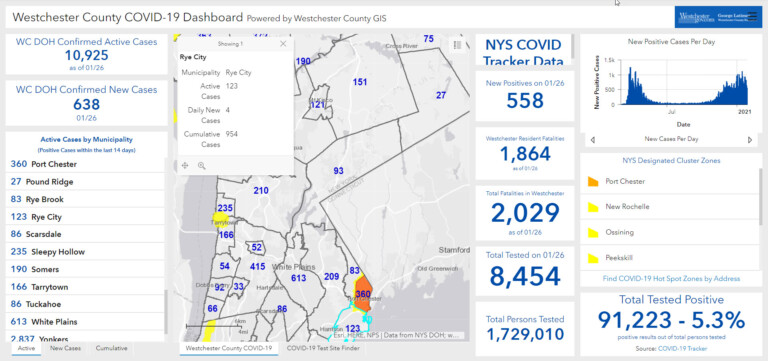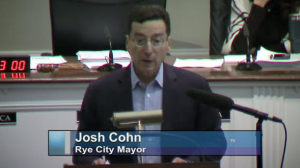Holding Court: Where There’s a Will . . .

Holding Court is a series by retired Rye City Court Judge Joe Latwin. Latwin retired from the court in December 2022 after thirteen years of service to the City.
What topics do you want addressed by Judge Latwin? Tell us.
By Joe Latwin
There is really no good excuse for not having a Will. A Will is a document that leaves your instructions as to whom you wish to receive your property upon your demise, who you want to manage your property after your death, and if you have minor children, whom you want to be their guardians. If you don’t have a Will, there can be great expense to get your affairs settled – way more than the cost of a Will. To make a Will, you must be eighteen years of age or over, and of sound mind and memory. It doesn’t take much to be of sound mind and memory. Basically, you need to know the natural objects of your bounty (your relatives) and have a general idea of what property you have. It takes less mental capacity to make a Will than it does to make a contract.
A Will is required to be executed in a certain, but not complex manner. With few exceptions, every Will must be in writing. It must be signed at the end and the signature must be acknowledged by the person making the Will in the presence of witnesses. At some time during the ceremony of execution and attestation, the person making the Will must declare to each of the attesting witnesses that the instrument to which his signature has been affixed is his will. It must be attested by two witnesses who shall, within a thirty-day period, both attest the testator’s signature, as affixed or acknowledged in their presence, and at the request of the testator, sign their names and affix their residence addresses at the end of the Will. An experienced attorney will also have the witnesses sign a self-proving affidavit of due execution upon completion of the execution of the Will describing how it was executed. This affidavit will create the presumption the Will was properly executed and allow the Will to be easily Probated absent a challenge.
If you don’t have a Will, your property will pass under the laws of intestacy. That may or may not be what you want, especially if your heirs have special needs or unusual circumstances. Also, the Court will choose who manages your affairs, not you. There is also a cost for someone not named in your Will to be named to manage your affairs. The Court will require them to post a bond. The cost of such a bond may equal or exceed the cost of a simple Will, with your heirs paying that cost instead of receiving the money it costs.
Upon death, the Will must be Probated – that means to be proved. Not much is required. A petition of the person seeking to manage your affairs, the original Will and a certified copy of the Will, a copy of the death certificate, a notice to the people named in the Will and those who may be adversely affected by the Will, and the filing fee (based on the size of the Estate) are usually all that must be filed. If no one entitled to challenge the Will files timely objections, the Will will be admitted to Probate and the authority given to the person who will manage the Estate will be granted.





